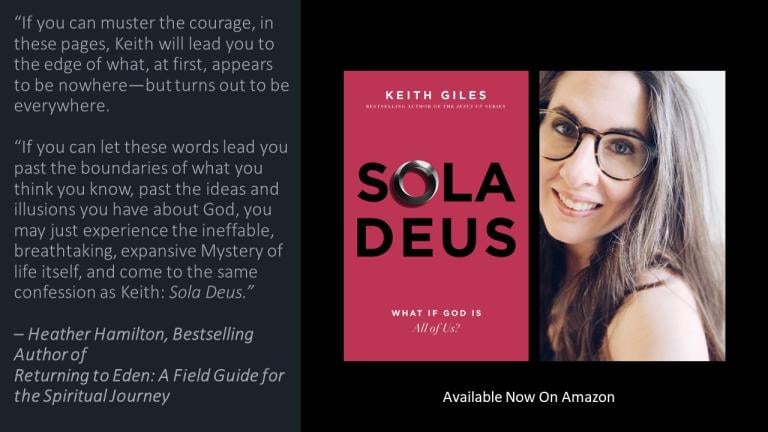
I get asked this question a lot by those who read my books and blog posts. Usually it’s in response to a post or a chapter they read about how certain words were either added to the text or removed from the text by English translators, or sometimes it’s in reaction to my pointing out that some versions of the Bible are translated by teams of scholars who are funded by religious institutions with a vested interest in making sure that certain verses skew harder in their preferred doctrinal territory.
So, I’ll do my best to answer this question here for those who are curious about which version of the Bible I recommend most often.
First, you should look for a Bible that doesn’t remove words or phrases like the “what?!” from 1 Corinthians 14:36 where Paul is responding to the Corinthian church’s claim that the “law demands” that women remain silent in the Church – it doesn’t – and because Paul knows this isn’t something the Law commands, he responds to their statement with “What?! Did the word of God originate with you?” Which is another way of saying, “Are you out of your mind?” and then he wraps that up by suggesting that they simply follow what he has told them all through the previous chapters about how everyone can speak in tongues, and everyone can prophesy, and how the women who do so should make sure to cover their hair.
You should also find a Bible that doesn’t add the word “homosexual” in 1 Corinthians 6:9 since neither word – Arsenokotai or Malakois – has anything to do with a consensual, loving and mutual same-sex union but to pedophilia [Arsenokotai] and effimacy [Malakois].
I’d also suggest finding a Bible that doesn’t change the word “exomologeo” in Philippians 2:10-11 from “gladly confess” [which is what the word actually means] to merely “confess” which suggests that such a confess is coerced rather than gladly offered by everyone.
I always suggest finding a Bible translation that relies on the Septuagint [the same Greek translation of the Hebrew scriptures literally used and quoted by Jesus and Paul in the First Century] rather than the Masoretic text which came a few hundreds years after the time of Christ.
For reasons why, you can read my article HERE>
You might also look for a Bible translation that makes note of the fact that the reference in 1 Timothy about “women [being] saved through childbirth” is a reference to the Artemis worship going on at the time in Ephesus [where the letter was addressed to] rather than some wonky idea that women need to have babies to fulfill their created duty or something.
So, the real challenge is that if you decide to look for an English Translation of the Bible that avoids these all-too-common mistakes, you’ll soon discover the horrible truth: It doesn’t exist.
Sadly, there is no single version of the English translation of the Bible that meets all of these criteria. A few come close, and so I’ll suggest those here.
For the Old Covenant Hebrew scriptures, I recommend The Orthodox Study Bible [Thomas Nelson] which happens to be the #1 best-selling Bible under Christian Orthodoxy on Amazon [as of this writing]. It uses the Septuagint text for the Old Testament section rather than the Masoretic text.
For the New Covenant scriptures, I recommend David Bentley Hart’s excellent New Translation of the New Testament [Yale University Press] which is in its second edition.
David Bentley Hart’s translation does correctly render the Greek word “exomologeo” as “gladly confess” and his notations under most of the troublesome texts are exceptionally good. Plus, his introduction and afterword are both worth the price of the book by themselves, so it’s a great value and an excellent resource for those looking for the best possible translation of the Greek New Testament into English.
I hope this is helpful as you seek a better understanding of the First and Second Covenant texts.
Enjoy!
**

Sola Deus: What If God Is All Of Us? by Keith Giles is now available on Amazon in Paperback and on Kindle.
Keith Giles is the best-selling author of the Jesus Un series. He has appeared on CNN, USA Today, BuzzFeed, and John Fugelsang’s “Tell Me Everything.” He hosts the Second Cup with Keith podcast, and co-hosts the Apostates Anonymous podcast, and the Heretic Happy Hour Podcast. Find out more about his online courses HERE>













